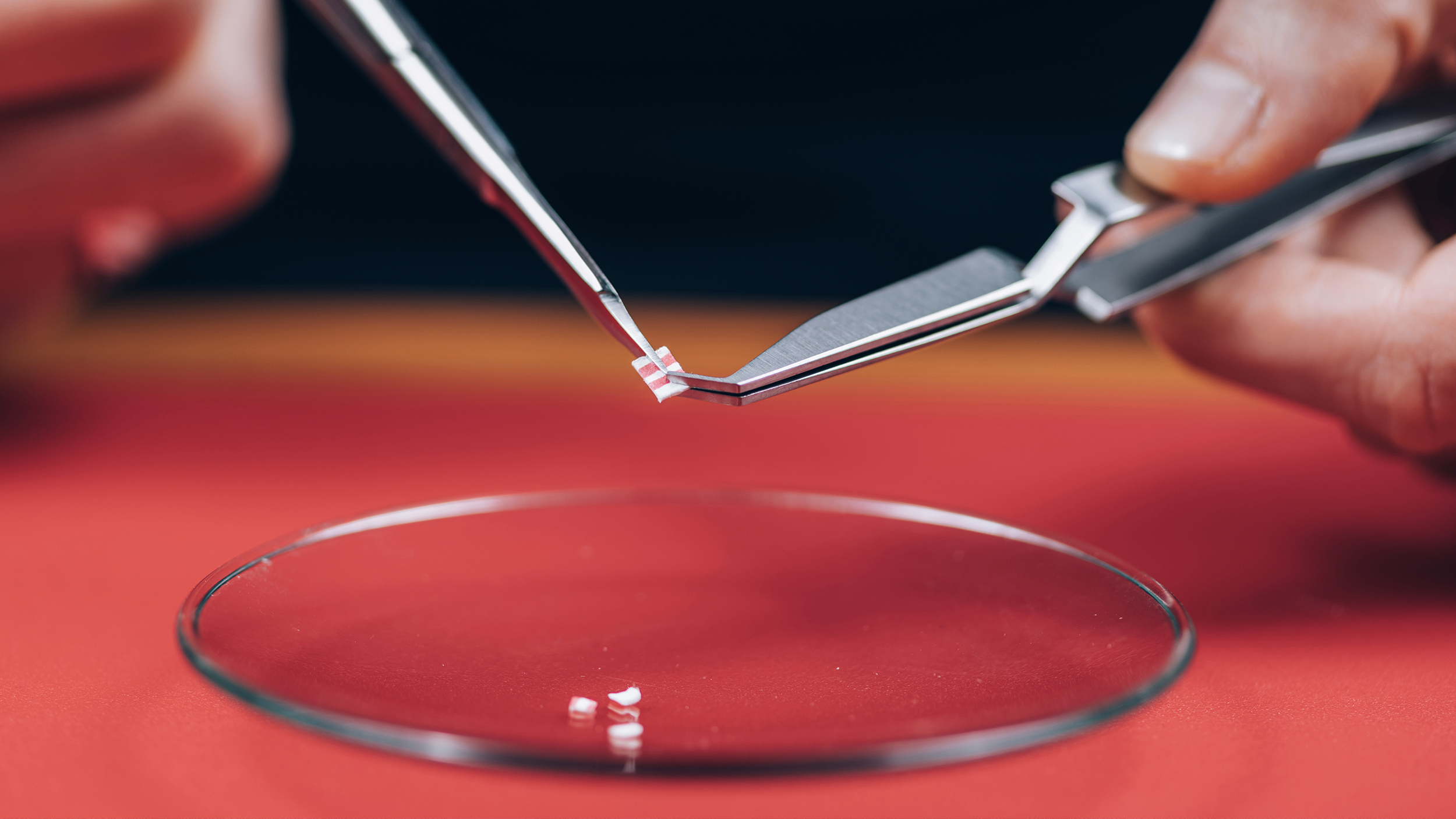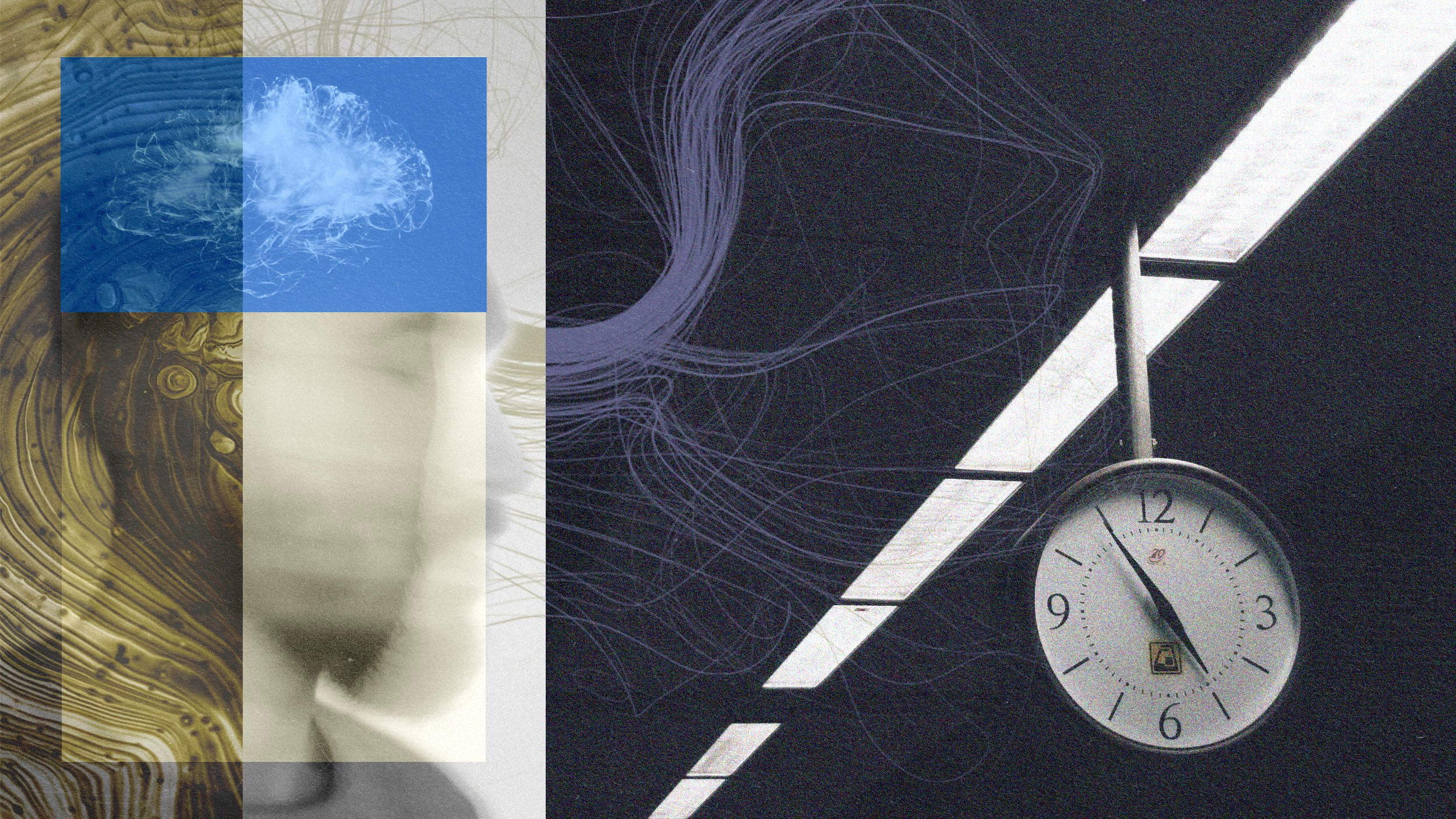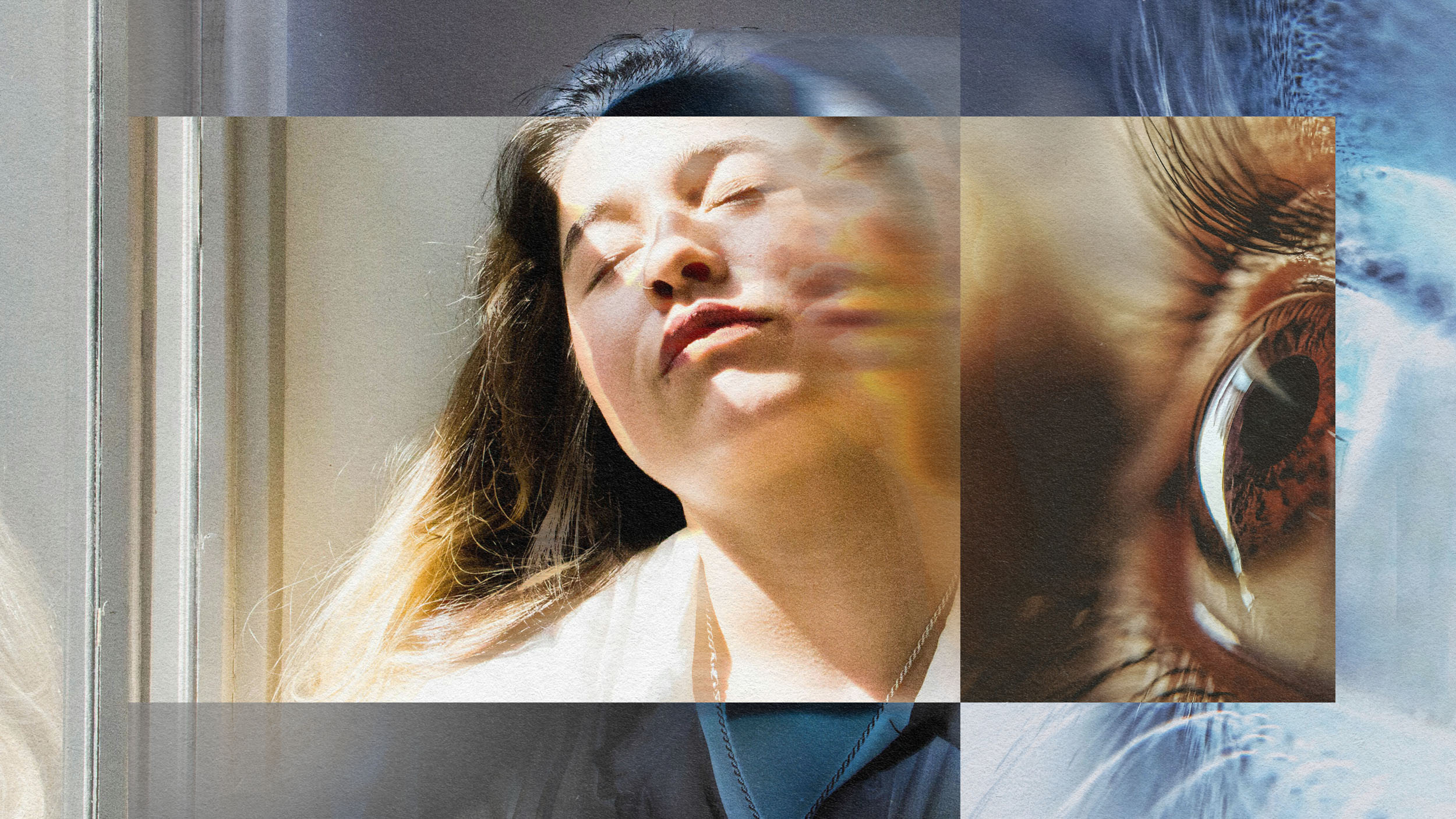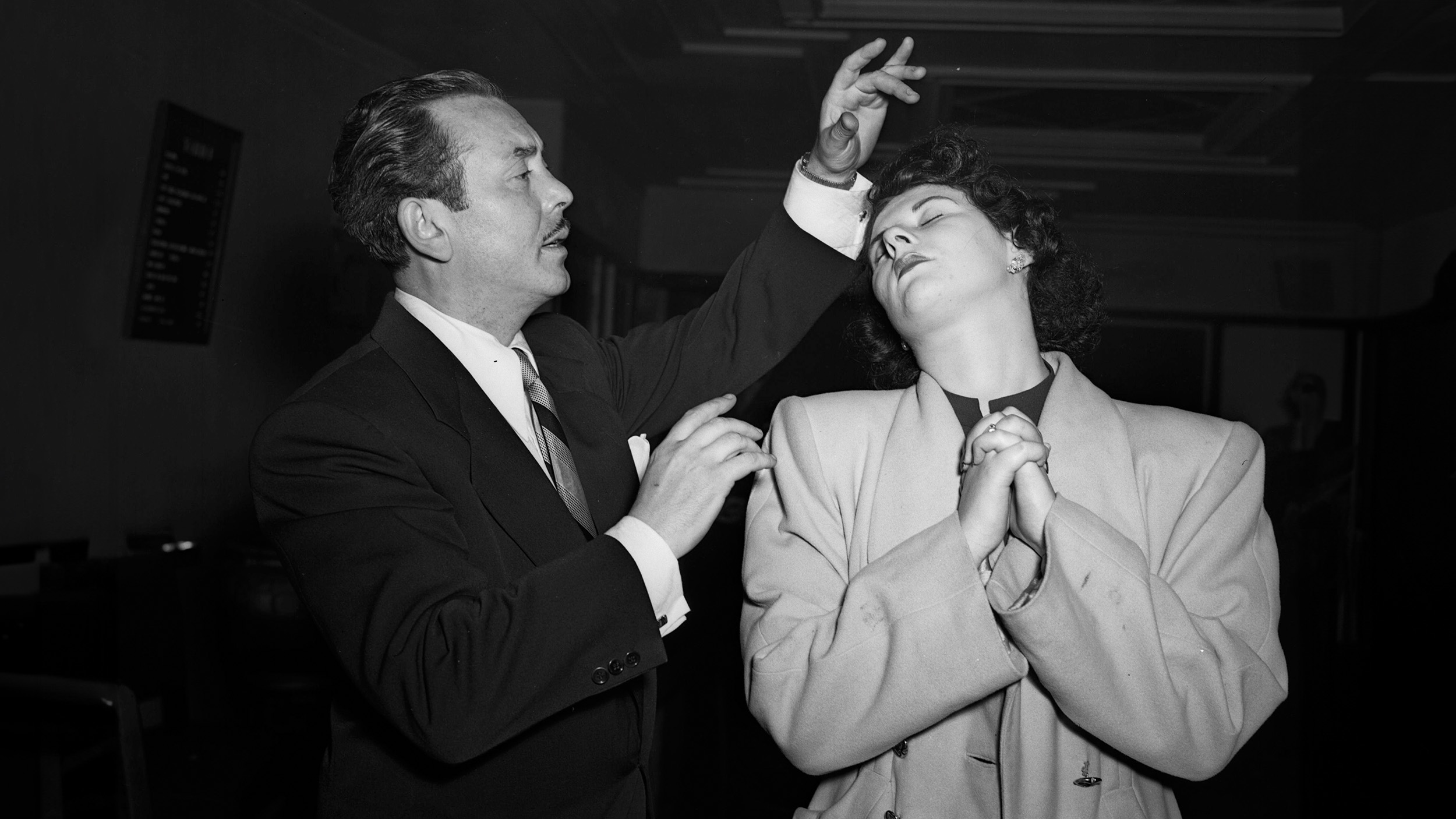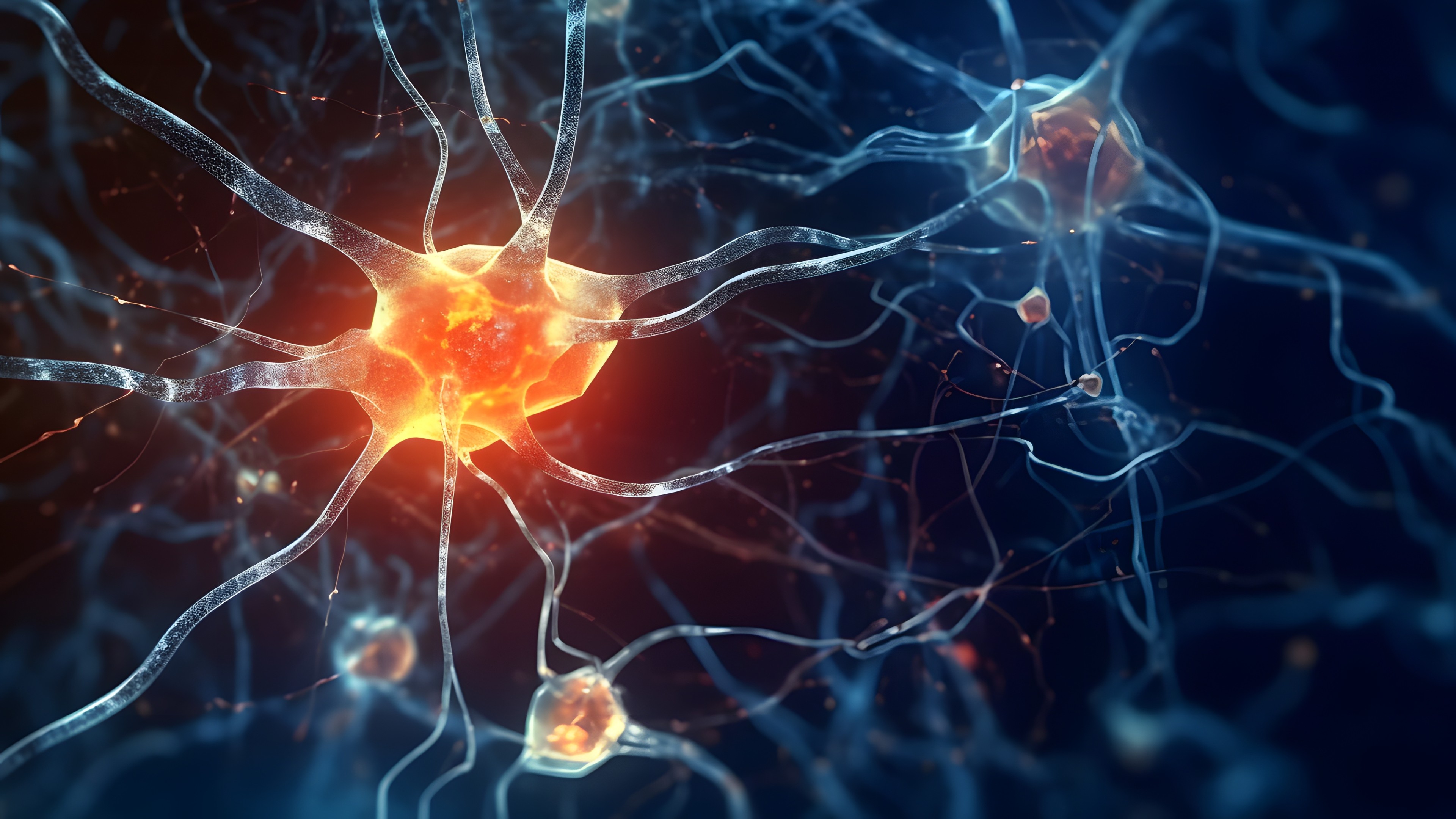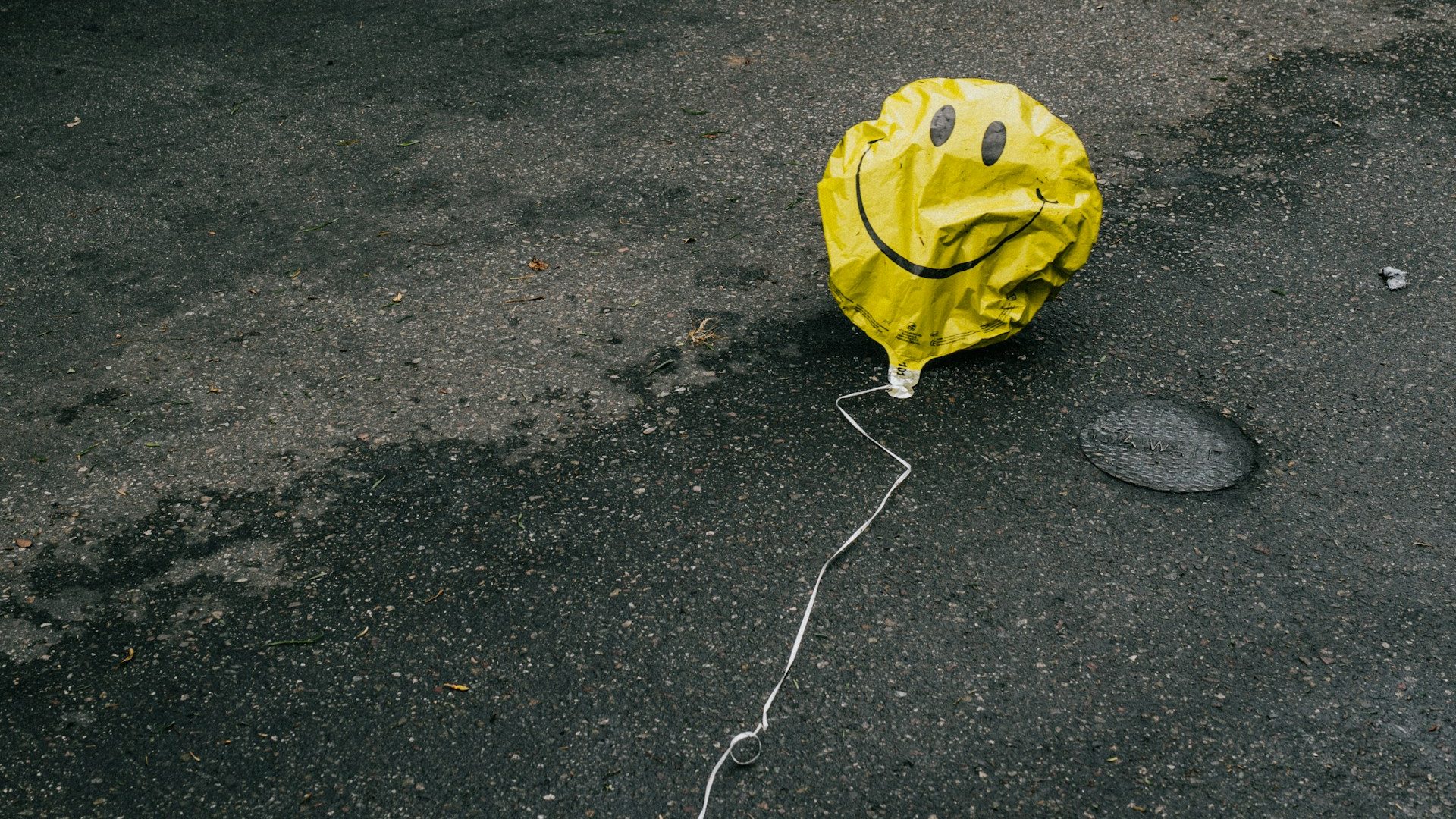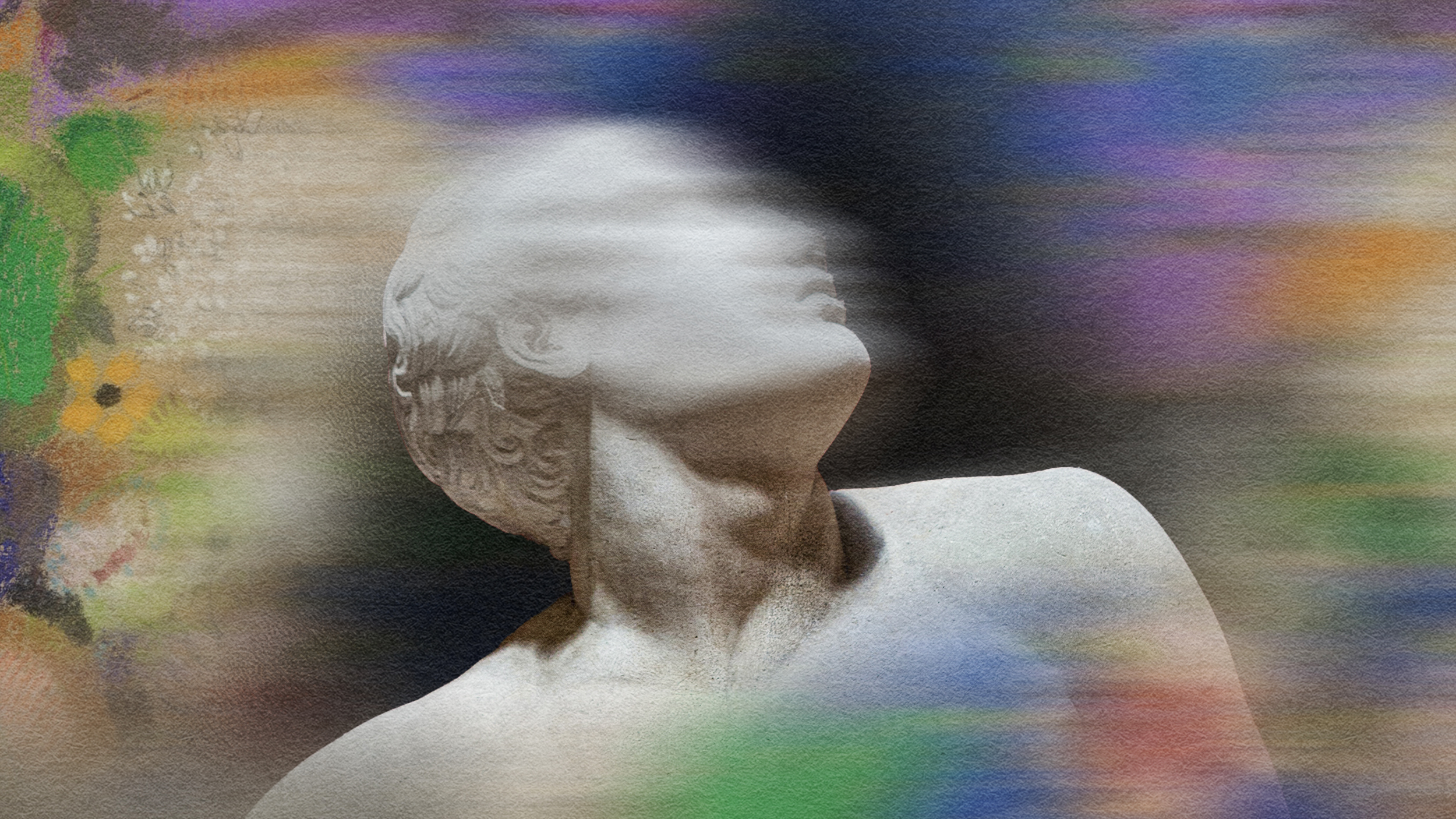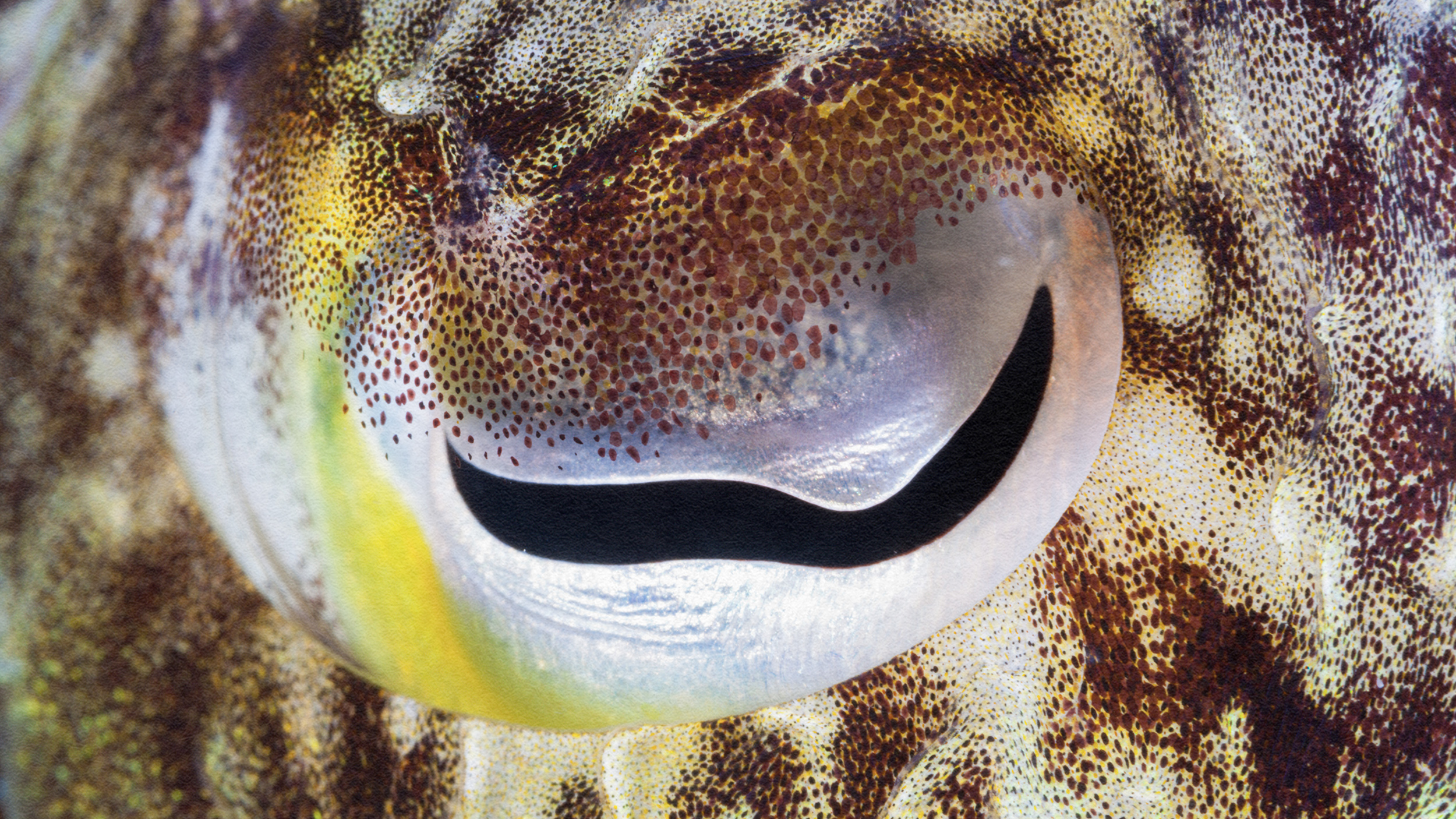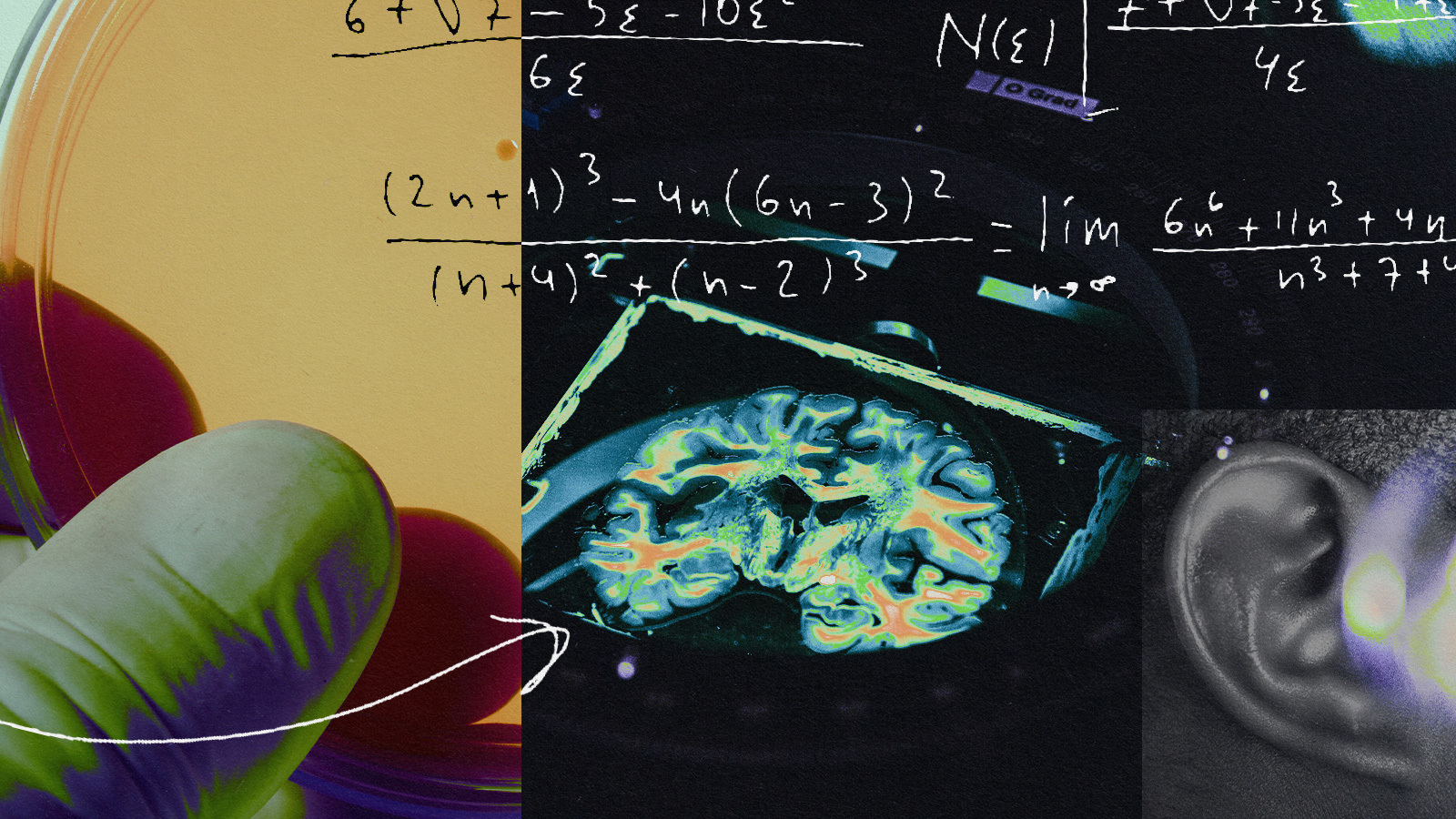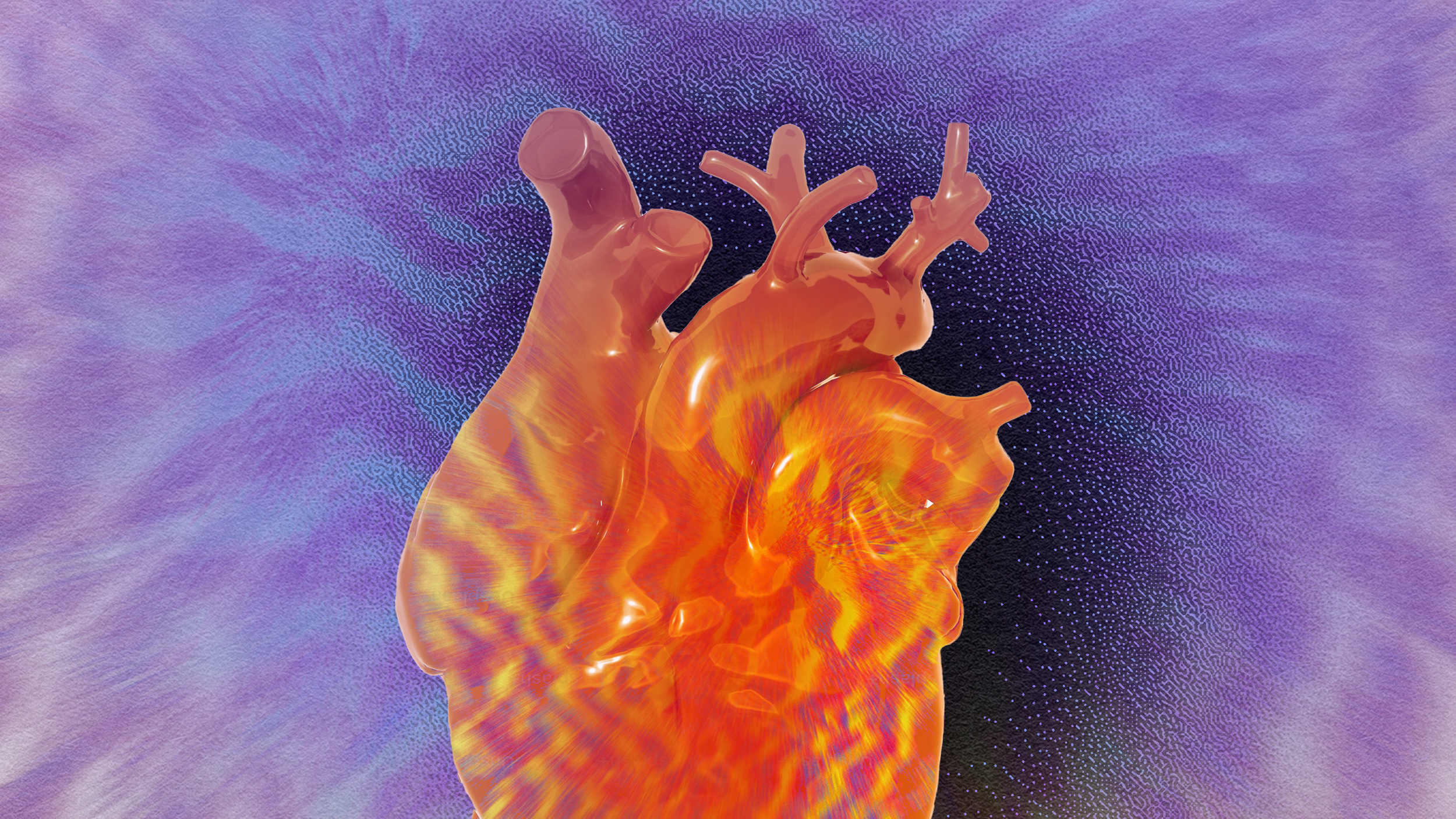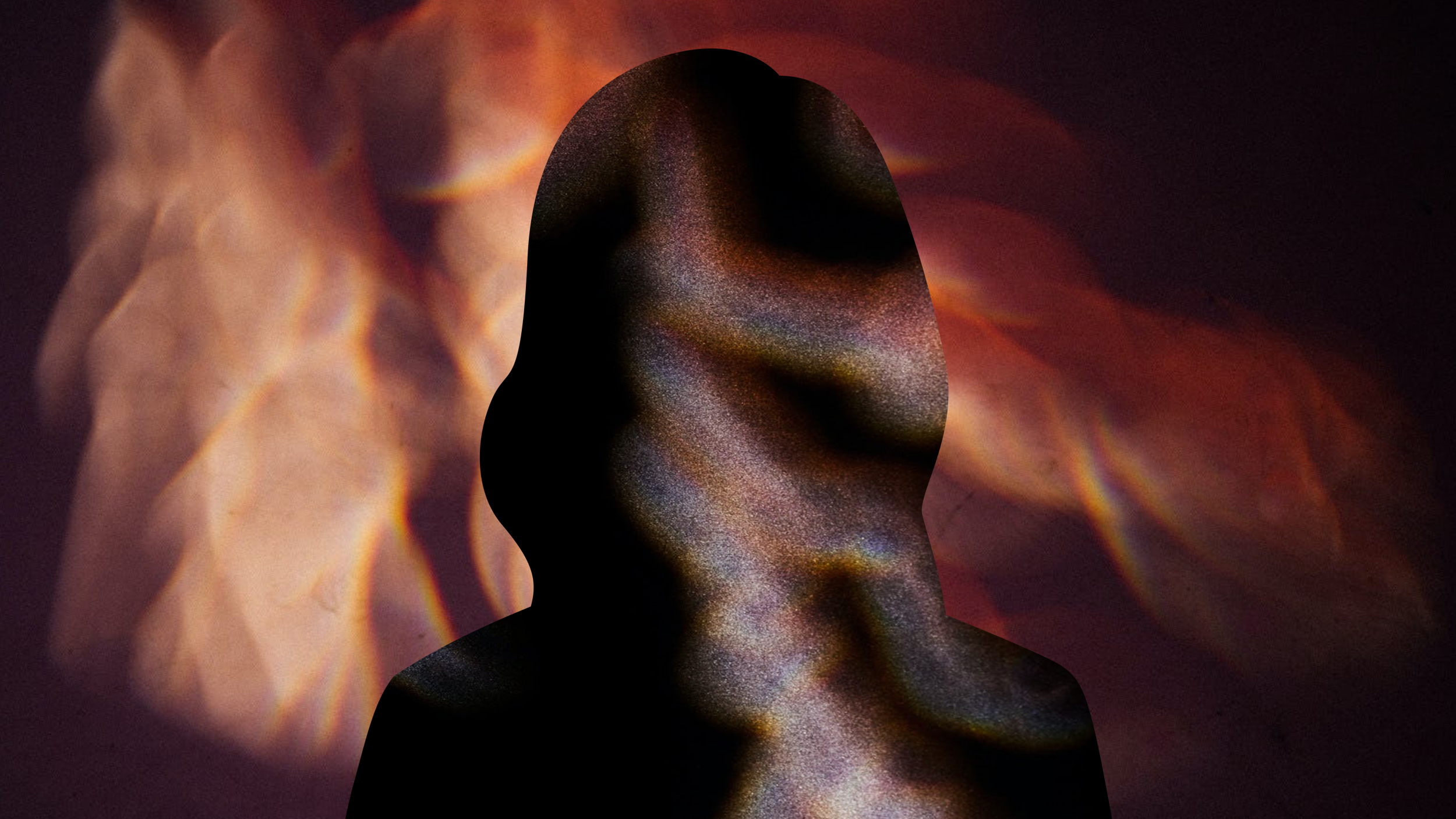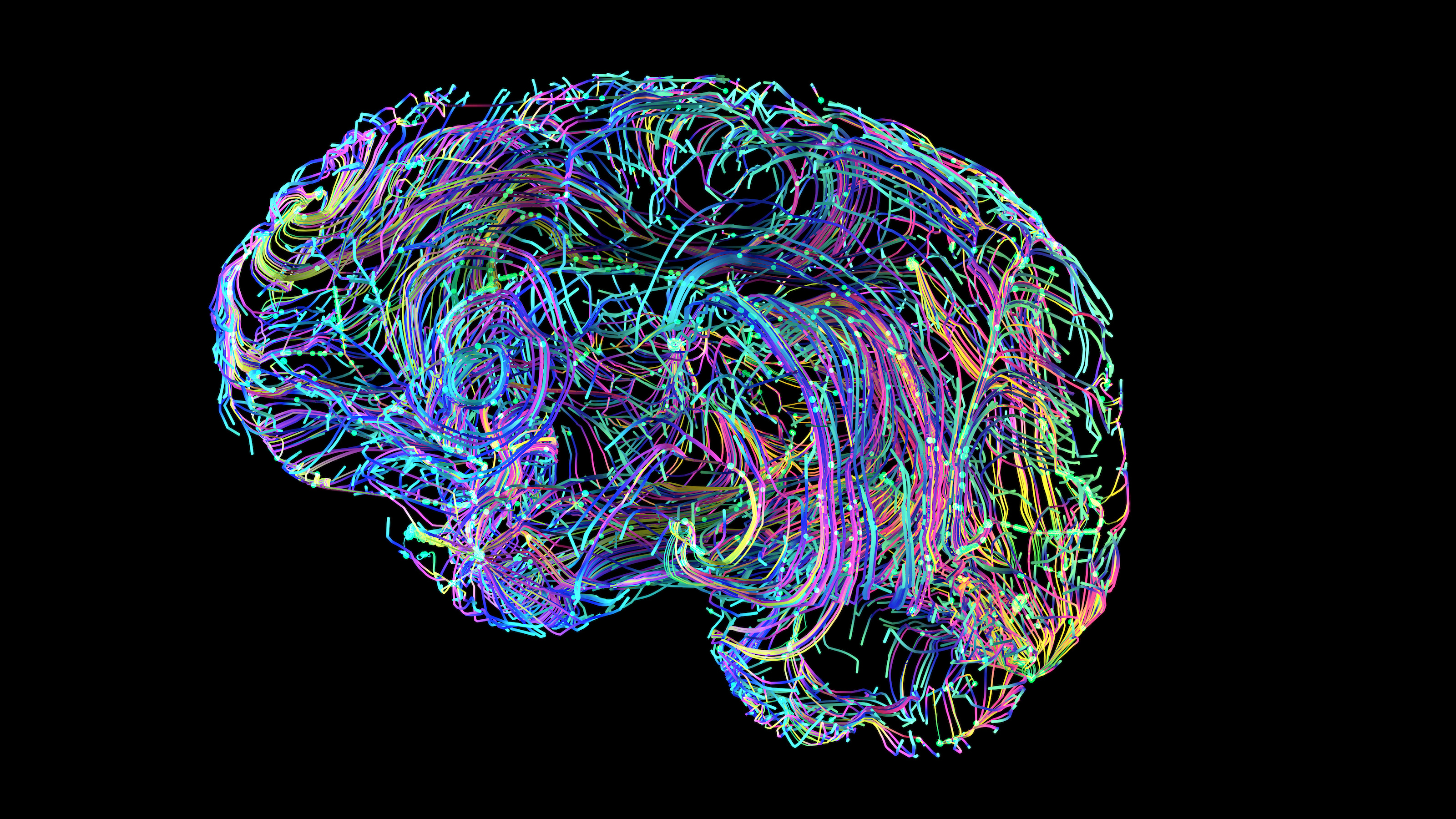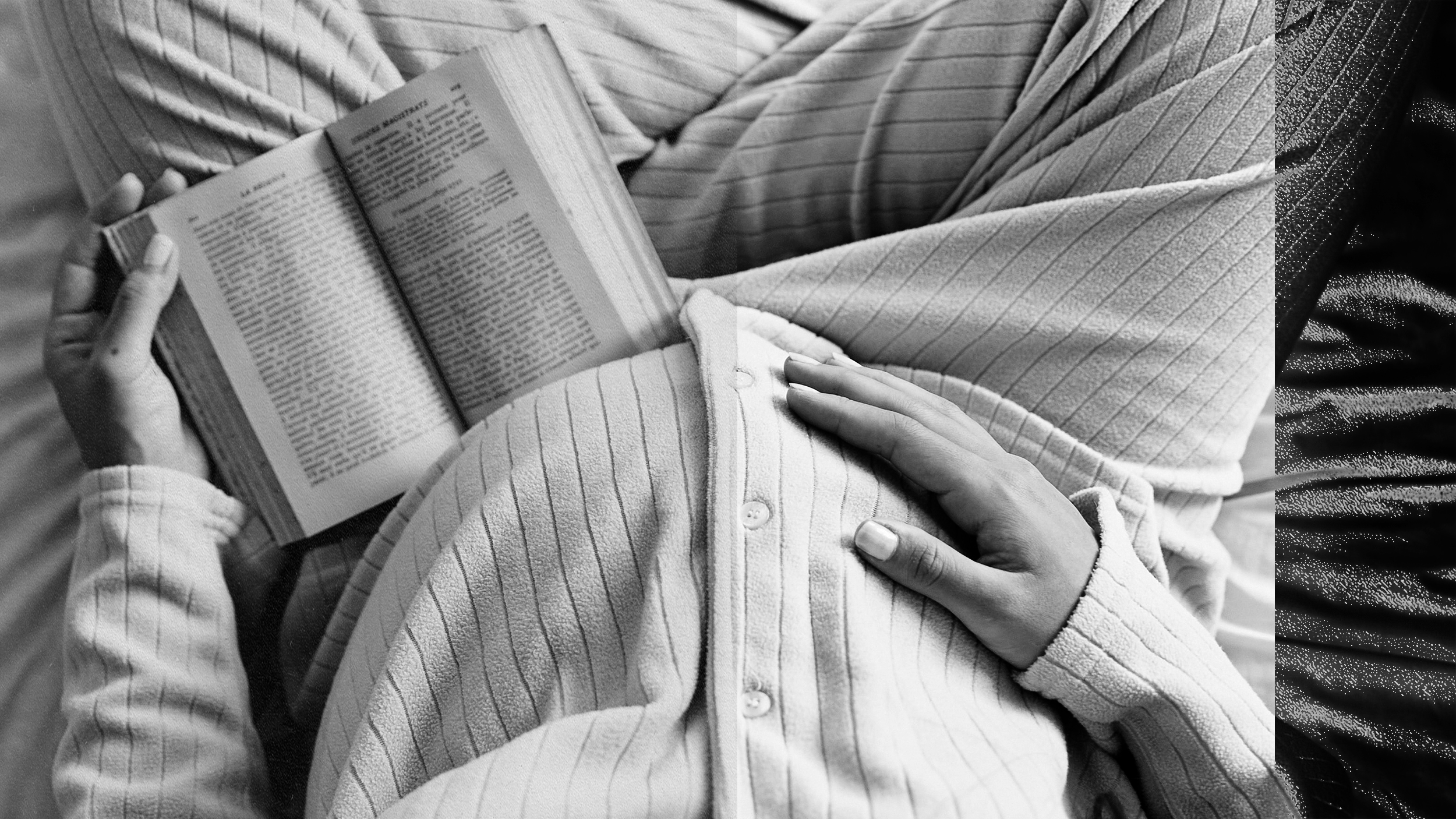Neuropsych
All Stories
Neuroscientist Tali Sharot recently spoke with Big Think about a two-step method for escaping the dark sides of habits.
Is it genes or their special bond that drives identical twins to offend at similar rates?
Genes are sometimes called the “blueprint of life,” but that doesn’t make them the behavioral playbook.
Here’s the thorny reality behind psychedelics’ ability to unearth buried memories.
After listening to the same playlist, people from the United Kingdom, the United States, and China reported feeling nearly identical bodily sensations.
To make a ton of information stick in your mind, you have to make it chunky.
Benjamin Breen on his greatest revelations while writing about the birth of psychedelic science.
Research suggests you can influence your sense of time by changing the “embodiedness” of your daily habits.
Scientists are probing the head games that influence athletic performance, from coaching to coping with pressure.
Big Think spoke to the author of “The 5 Love Languages” about the popular relationship theory — and its lack of scientific support.
It may seem as though top performers are always on, but the secret to their success is taking the time to recharge.
An MIT study finds the brains of children who grow up in less affluent households are less responsive to rewarding experiences.
Big Think recently spoke with sleep psychologist Dr. Jade Wu about the surprising consequences of forgoing sleep.
Many still consider hypnosis more of a cheap magician’s trick than legitimate clinical medicine.
Research suggests that to maintain a healthy brain, we should tend our gut microbiome.
People who die by suicide are more likely to have reduced levels of the NPAS4 gene, which helps regulate inflammation in the brain.
Uncovering the story of Milan Hausner, the Sadská clinic, and LSD psychotherapy behind the Iron Curtain.
Studies claiming to reveal strategies for feeling happy get a second look.
High-frequency oscillations that ripple through our brains may generate memory and conscious experience.
People who score high in “obsessive passion” can become rigidly consumed by ideological causes — sometimes dangerously so.
I also can’t conjure sounds, smells, or any other kind of sensory stimulation inside my head. This is called “aphantasia.”
Researchers are finding signs of multiple phases of sleep all over the animal kingdom. The ‘active’ sleep phases look very much like REM.
Parents will sometimes use children as weapons in their relationship battles — and the fallout can be devastating.
Ketamine’s remarkable effect bolsters a new theory of mental illness.
It could perform a speech recognition task with 78% accuracy.
The heart’s rhythms may play a larger role in shaping psychedelic experiences than previously thought.
Millions of people have had a near-death experience, and it often leads them to believe in an afterlife. Does this count as good proof?
Between the hedonic and eudaimonic life, there’s a happy medium to be found.
The aging brain is networked differently.
Even before birth, our brains are taking note of the languages we hear.






